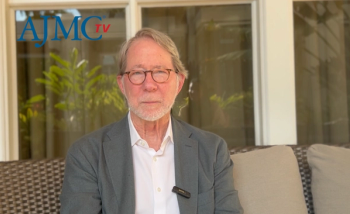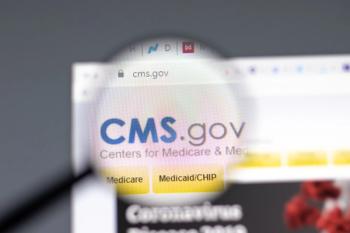
Diversity Seen in How Medicare Part D Plans Add New Drugs
Researchers from the University of Maryland at Baltimore tracked how quickly drugs in eight therapeutic classes made it onto formulary across hundreds of Medicare Part D plans over five years, and found that while plan differences mattered, drug characteristics mattered more in decisions.
Winning approval from the US Food and Drug Administration is only the first step toward getting drugs into patients’ medicine cabinets. Getting drugs onto formulary—where they will be covered by insurance—is the key to reaching patients.
A
Researchers from the University of Maryland at Baltimore tracked 33 drugs across eight therapeutic classes as they moved from FDA approval to formulary placement from 2009 to 2013. They found that the placement rate one year after drugs became eligible for coverage was 64.1 percent for all therapies studied, and only 57.2 percent for those outside Medicare’s protected classes.
The study found:
- Part D formulary placement rates at six months were 56.7 percent overall but varied from two months to 14 months after FDA approval.
- Antipsychotics and antiepileptic drugs gained approval relatively quickly, while drugs for chronic obstructive pulmonary disease were the slowest to get on formulary.
- Plans varied their requirements for step therapy or prior authorization for new drugs, but more than 90 percent of new disease-modifying agents for rheumatoid arthritis and multiple sclerosis required prior authorization.
- Step therapy was not common except for antihyperglycemic therapies; there have been many new diabetes drugs approved in recent years, both oral and injectable.
- Medicare Advantage prescription drug plans were more likely to add new drugs to formulary than were freestanding prescription drug plans.
The Trump administration recently called for giving Medicare Part D plans more authority to negotiate with drug makers, which officials said is a better way to drive down drug prices than having Medicare create a national formulary. Letting plan designs and coverage policies flourish would allow seniors to shop for a plan that meets their needs; by contrast, a centralized formulary would only cut prices if Medicare refuses to cover some drugs.
The study found evidence that seniors have some variety in the market now. “We found significant heterogeneity in formulary placement and restrictions for 33 new drugs in the Part D marketplace between 2009 and 2013,” the authors reported.
About The American Journal of Managed Care®:
The American Journal of Managed Care® (AJMC®) is a peer-reviewed, MEDLINE-indexed journal that keeps readers on the forefront of health policy by publishing research relevant to industry decision makers as they work to promote the efficient delivery of high-quality care. AJMC.com is the essential website for managed care professionals, distributing industry updates daily to leading stakeholders. Other titles in the AJMC® family include The American Journal of Accountable Care®, and two evidence-based series, Evidence-Based Oncology™and Evidence-Based Diabetes Management™. These comprehensive offerings bring together stakeholder views from payers, providers, policymakers and other industry leaders in managed care. To order reprints of articles appearing in AJMC® publications, please contact Jeff Prescott at 609-716-7777, ext. 331.
Contacts:
AJMC® Media:
Theresa Burek, 609-716-7777
tburek@mjhassoc.com
or
Surabhi Verma
sverma@mjhassoc.com
Newsletter
Stay ahead of policy, cost, and value—subscribe to AJMC for expert insights at the intersection of clinical care and health economics.








